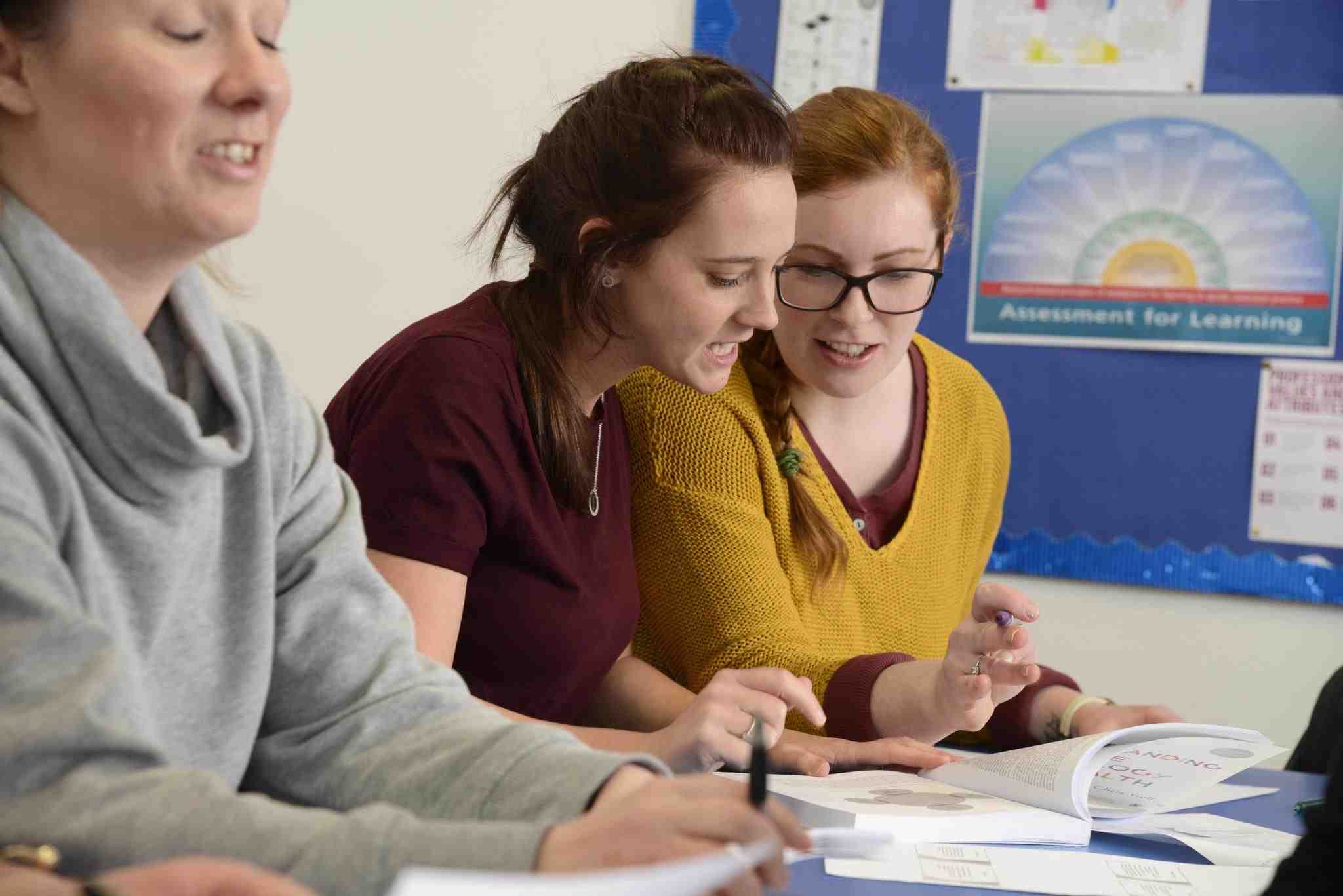OVERVIEW
Adult Education is concerned with providing the knowledge that improves professional qualifications to achieve civic, social, moral and cultural attitudes and skills for performing responsibilities and for progress in all spheres of life (UNESCO). The programme draws from across the Arts and Sciences to study key issues explored through four elective specialty areas:
Distance Education, Literacy Education, Community Development and Peace Education. Distance Education focuses on concepts & theoretical foundations of distance education and related issues of organisational models, media, curriculum, quality and support services. Literacy Education examines concepts, case studies, linkages and implications of literacy & development. Community Development explores the multiple facets, scopes and practices of education, sustainability, mobilisation & leadership as applied to community development.
Peace Studies tackles current and emerging issues that affect global peace and their effects on economies & politics alongside their counter measures. While theoretical principles provide the basis for the BA Adult Education programme, all four specialty areas concentrate on the application of theory to current policy issues and practices within domestic and international contexts
AIMS AND OBJECTIVES
At the end of the programme, graduates are expected to:
• Demonstrate an understanding of the development of Adult Education as a discipline including current perspectives, major theories and approaches.
• Be able to apply theory to practice, appreciating the context of formal and informal lifelong learning across a broad range of sectors including academic, corporate and civil society.
• Be able to comprehend and analyse the roles played by Distance Education, Literacy Education, Community Development and Peace Education for a knowledgebased society alongside their predictable social, political and economic impacts.
• Be able to evaluate some of the key methods and techniques used in Adult Education and their implications for social change.
• Be able to develop strong communication skills and ability to conduct empirical research on contemporary issues, debates and trends in Adult Education
INDUSTRY/GLOBAL TRENDS
As part of its remit, Adult Education provokes and answers questions about formal and informal lifelong learning. Generally, it has been misconstrued to imply provision of literacy lessons to adults. This view though, is changing.
Today’s fast pace world marked by continues social changes, competitive business climate, globalisation and everadvancing ICT have revealed that a knowledge-based society is a prerequisite for social and economic transformation. However, since the educational demands of corporate, community-based, professional and public sectors continue to grow outside tertiary education system, there is an increased need for skilled adult education practitioners to provide innovative models/techniques for lifelong learning in adult education environment.
Educationalists say without lifelong learning, it is not feasible to attain a knowledgebased society because knowledge & technology is constantly advancing.
CAREER PROSPECTS
The BA Adult Education programme is an excellent preparation for postgraduate studies. It also provides exciting career opportunities across a range of adult education and professional programmes. These include advocacy & policy, community development, distance education, professional development and public/civic education
TUITION METHODS
Class discussions, presentations, seminars and workshops ASSESSMENT Students are assessed through a combination of individual and group work, tests, assignments and projects and successful completion of supervised internship.








